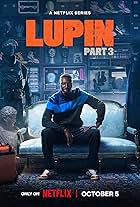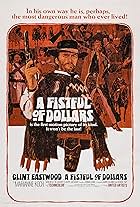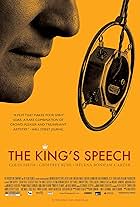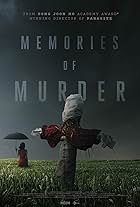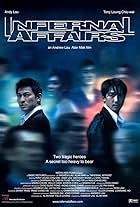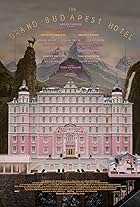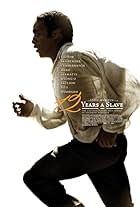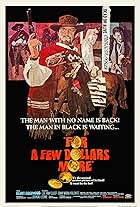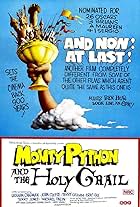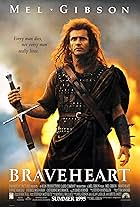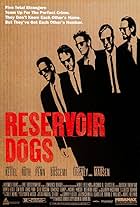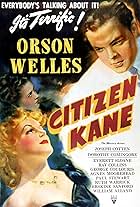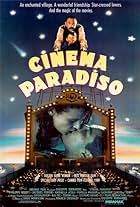jammasta-1
Joined Jan 2007
Welcome to the new profile
We're still working on updating some profile features. To see the badges, ratings breakdowns, and polls for this profile, please go to the previous version.
Ratings507
jammasta-1's rating
Reviews21
jammasta-1's rating
The film provides a very partial, but astute overview of the situation in Cambodia in the 1970s, focussing in particular on the characters of two journalists - American Sydney Schanberg and Cambodian Dith Pran. The two play the part of witnesses to atrocities committed by the warring parties, mostly on innocent civilians - but their role in practice is much more central. Because this isn't a historical film, but rather a film about the enduring power of friendship.
On that account, the film is a resounding success. Waterston and (especially) Ngor bring life to the drama between the characters, making their trials and tribulations painfully intimate. In fact, Joffe banks on this approach. He turns a film about a historical event into a series of vignettes populated by actors performing a very real-life tragedy. Because it's acted so "authentically," the film works well enough to cover most of its faults.
That soundtrack hasn't aged well, though.
On that account, the film is a resounding success. Waterston and (especially) Ngor bring life to the drama between the characters, making their trials and tribulations painfully intimate. In fact, Joffe banks on this approach. He turns a film about a historical event into a series of vignettes populated by actors performing a very real-life tragedy. Because it's acted so "authentically," the film works well enough to cover most of its faults.
That soundtrack hasn't aged well, though.
The father of a child named Assane Diop, of Senegalese origin, becomes a driver for a wealthy White Frenchman named Pellegrini in Paris. One day he's accused of stealing an invaluable necklace from Pellegrini's safe and soon finds himself serving a lengthy term in prison, where he eventually commits suicide. In spite of a signed confession, Assane doesn't believe his father stole the necklace and uses the next 20 or so years to evolve a plan to avenge him and punish Pellegrini.
Why "Lupin," though? Because in the process, Assane becomes a very crafty burglar without losing any of his desire to set things right.
As in "Intouchables," Sy makes a very likeable hero, possessed of plentiful charm, which really fits the role of a gentleman burglar. One major premise for the story is that, as a Black man in France, Assane can make himself virtually invisible, even without trying very hard. Rather than using this idea as a stick to beat some conscience into its White viewers or a means to explore the burden of wearing a stigma, the series opts for a more ambiguous perspective, showing it as a bug that can be made into a feature. Over an entire series, there's plenty of room to develop Assane's personal history and flesh out the theft and vengeance plots, which helps expand the scope of the drama.
The series certainly grows with time. The earlier episodes lack weight - there seems to be nothing that would faze the main protagonist, aside from some long-term personal issues. This is balanced out with dazzling action scenes and Assane's schemes, which usually involve plenty of sleight-of-hand. When the protagonist jumps into the first serious rabbit hole, things take a slightly darker turn.
All in all, entertaining and enjoyable fun with a subtly progressive undertone.

